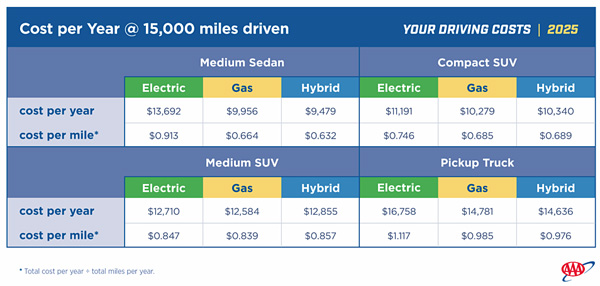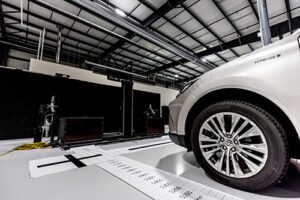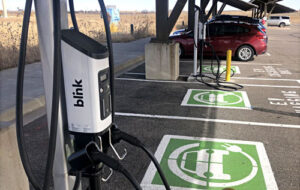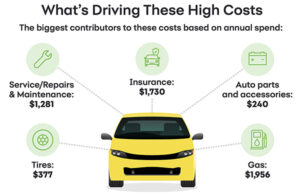Contributing factors include depreciation, lower finance charges, reduced fuel prices, and a shift toward more affordable vehicle options
Orlando, Fla.—An AAA analysis shows that the total cost of owning and operating a new vehicle is $11,577, or $964.78 per month, a $719 decline from 2024.
Factors contributing to this decline include depreciation, lower finance charges, reduced fuel prices, and a shift toward more affordable vehicle options.
Depreciation, which is the difference between a car’s purchase price and its resale value, is the most significant cost of vehicle ownership. This year, depreciation has decreased, with vehicles in the study losing an average of $4,334 in value per year compared to $4,680 annually in 2024.
Categories driving lower costs this year include:
- Finance Charges — Estimated finance costs have decreased to $1,131 in 2025, down 15 percent compared to $1,332 in 2024.
- Fuel Prices — The average fuel cost dropped to 13.00 cents per mile, a 12.8% decrease from last year, while regular grade gasoline for vehicles averaged $3.151 per gallon, down from $3.539. Meanwhile, electricity prices for charging electric vehicles rose slightly to 16.7 cents per kilowatt hour, up from 15.9 cents in 2024.
Pickups truck average an additional $6,402 per year compared to a small sedan, which operates at just 55.87 cents per mile — 43.3 percent less than a pickup.
Consumers are increasingly drawn to electric vehicles (EVs) for their gas savings and lower maintenance costs, with EVs having the second-lowest maintenance expenses among all vehicle categories.
Hybrid options offer the lowest maintenance fees while sharing similar lower fuel cost benefits, even considering the national average electricity price of 16.7 cents per kilowatt-hour (kWh).
Comparison of EV and Hybrid Ownership Costs to Gas-Powered
The primary factor affecting the cost differences between EVs and gas vehicles this year is fuel prices. While EVs remain more expensive in “ownership costs” (depreciation, insurance, fees, and financing), they have lower “operating costs,” particularly in fuel and maintenance. Last year, EV fuel costs were about one-third of gas vehicle costs.
This year, however, gasoline prices have significantly decreased, while electricity prices have slightly increased. Although EVs still offer fuel savings — less than half of gas vehicle costs — this does not sufficiently offset their higher ownership costs. Consequently, EVs are now more expensive overall across all vehicle categories in this study.














Comments are closed.